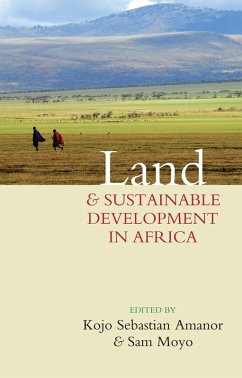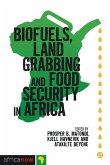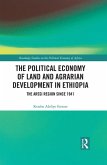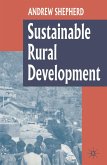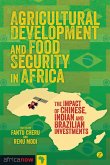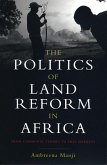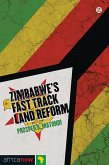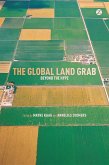This book links contemporary debates on land reform with wider discourses on sustainable development within Africa. Featuring chapters and in-depth case studies on South Africa and Zimbabwe, Malawi, Kenya, Botswana and West Africa, it traces the development of ideas about sustainable development and addresses a new agenda based on social justice.
The authors critically examine contemporary neoliberal market-led reforms and the legacy of colonialism on the land question. They argue that debates on sustainable development should be placed in the context of structural interests, access and equity, rather than technical management of land and resources. Additionally, they show that these structural factors cannot be transformed by institutional reform based on notions of elective democracy, community participation, and market-reform, but require a far more radical programme to redress the injustices of the colonial system that continue today. The book advocates a commitment to building sustainable livelihoods for farmers, calling for a redistribution of land and natural resources to challenge existing economic relations and frameworks for development.
The authors critically examine contemporary neoliberal market-led reforms and the legacy of colonialism on the land question. They argue that debates on sustainable development should be placed in the context of structural interests, access and equity, rather than technical management of land and resources. Additionally, they show that these structural factors cannot be transformed by institutional reform based on notions of elective democracy, community participation, and market-reform, but require a far more radical programme to redress the injustices of the colonial system that continue today. The book advocates a commitment to building sustainable livelihoods for farmers, calling for a redistribution of land and natural resources to challenge existing economic relations and frameworks for development.

